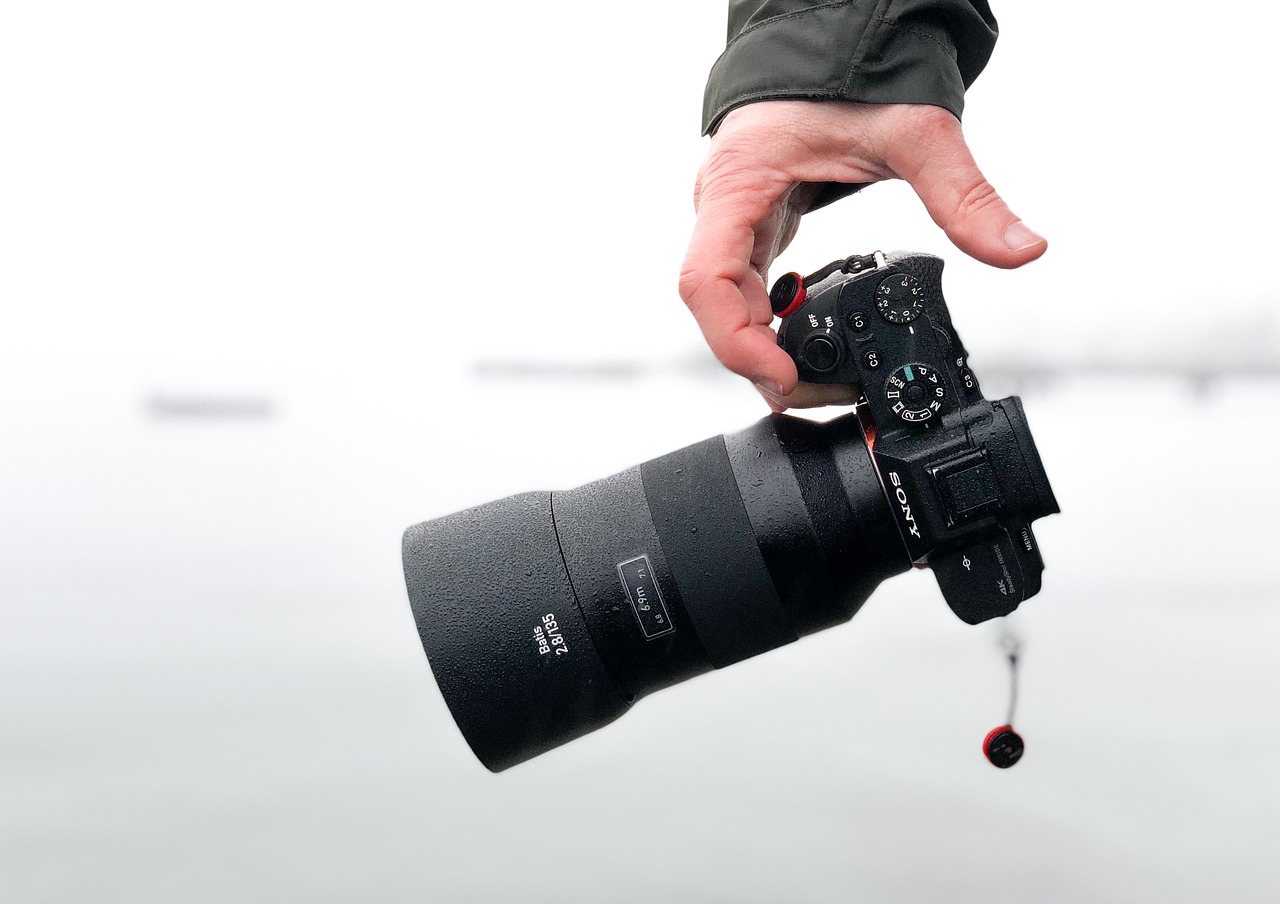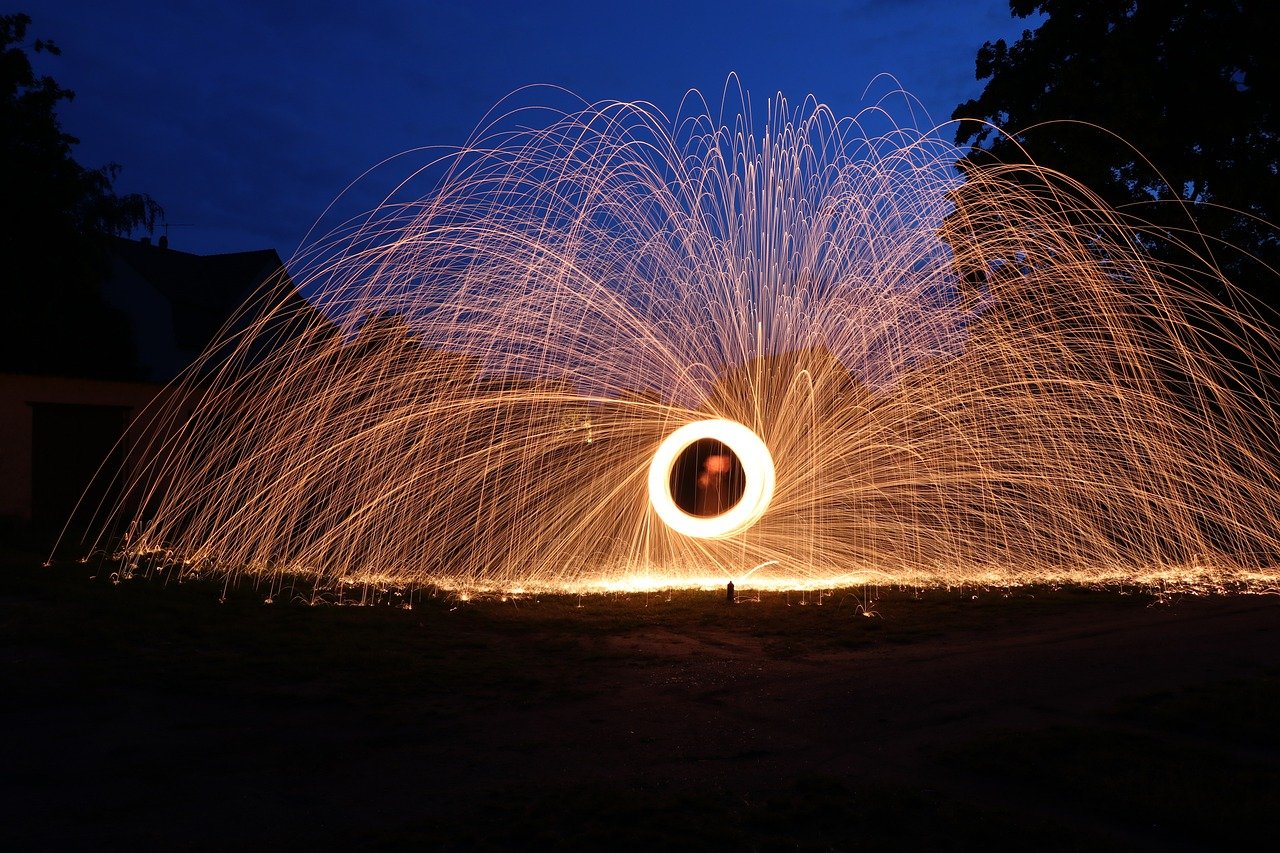Photography and Videography: Capturing Moments in Time Introduction Photography and videography are creative arts that…
Table of Contents
TogglePhotography Tips
Introduction
Photography is a popular hobby and profession that allows individuals to capture beautiful moments and express their creativity through images. Whether you’re a beginner or an experienced photographer, there are always tips and techniques that can help enhance your skills and take your photography to the next level. In this article, we will explore a range of photography tips that can assist you in improving your craft.
Understanding Camera Settings

One of the fundamental aspects of photography is understanding how to use your camera effectively. Familiarize yourself with the various camera settings, including aperture, shutter speed, and ISO. Experimenting with these settings will allow you to control the exposure, depth of field, and overall look of your images.
Mastering Composition
Composition plays a vital role in creating visually appealing photographs. Learn about the rule of thirds, leading lines, symmetry, and other compositional techniques. By applying these principles, you can create well-balanced and engaging images.
Utilizing Natural Lighting
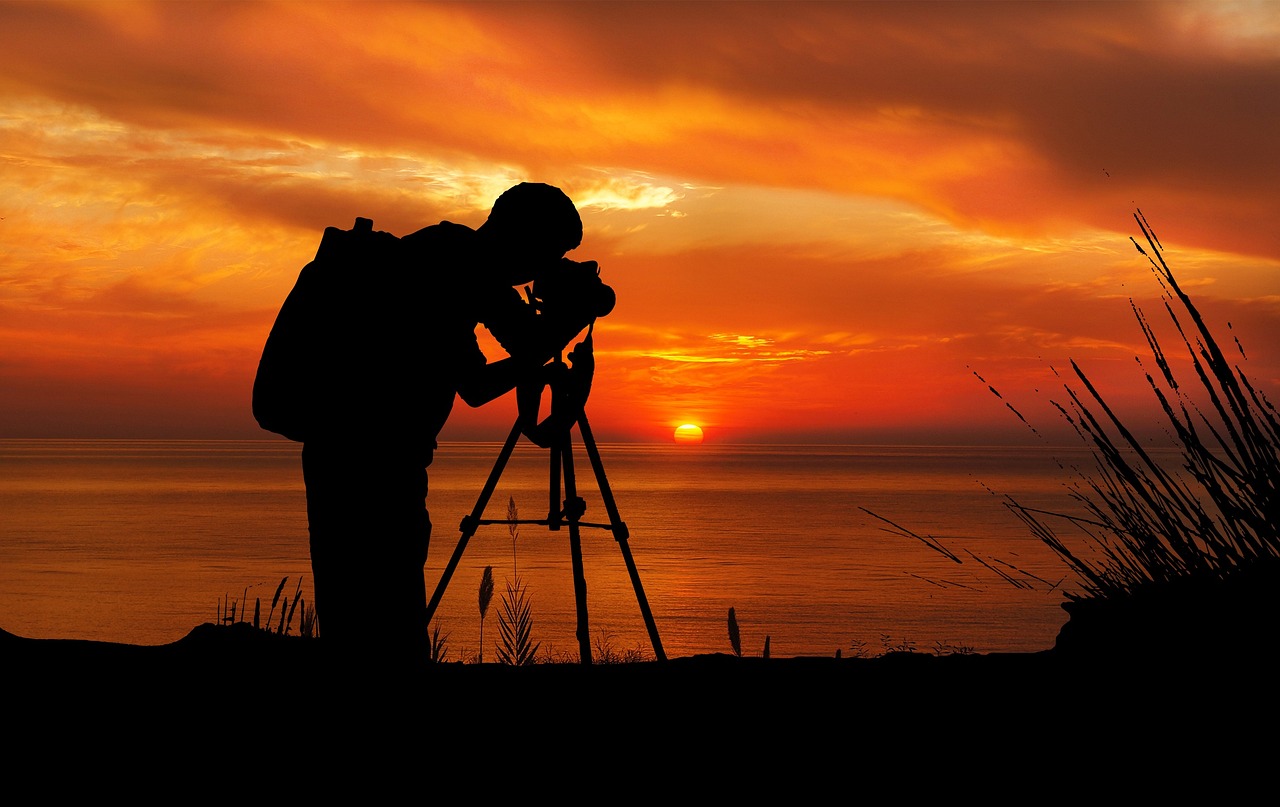
Lighting can make or break a photograph. Make use of natural light whenever possible, as it provides a soft and flattering illumination. Experiment with different times of the day to capture the best lighting conditions for your subject.
Exploring Different Perspectives
Don’t be afraid to get creative with your perspective. Try shooting from different angles, such as high or low, to add interest and uniqueness to your photographs. Changing your perspective can transform an ordinary scene into something extraordinary.
Capturing Candid Moments
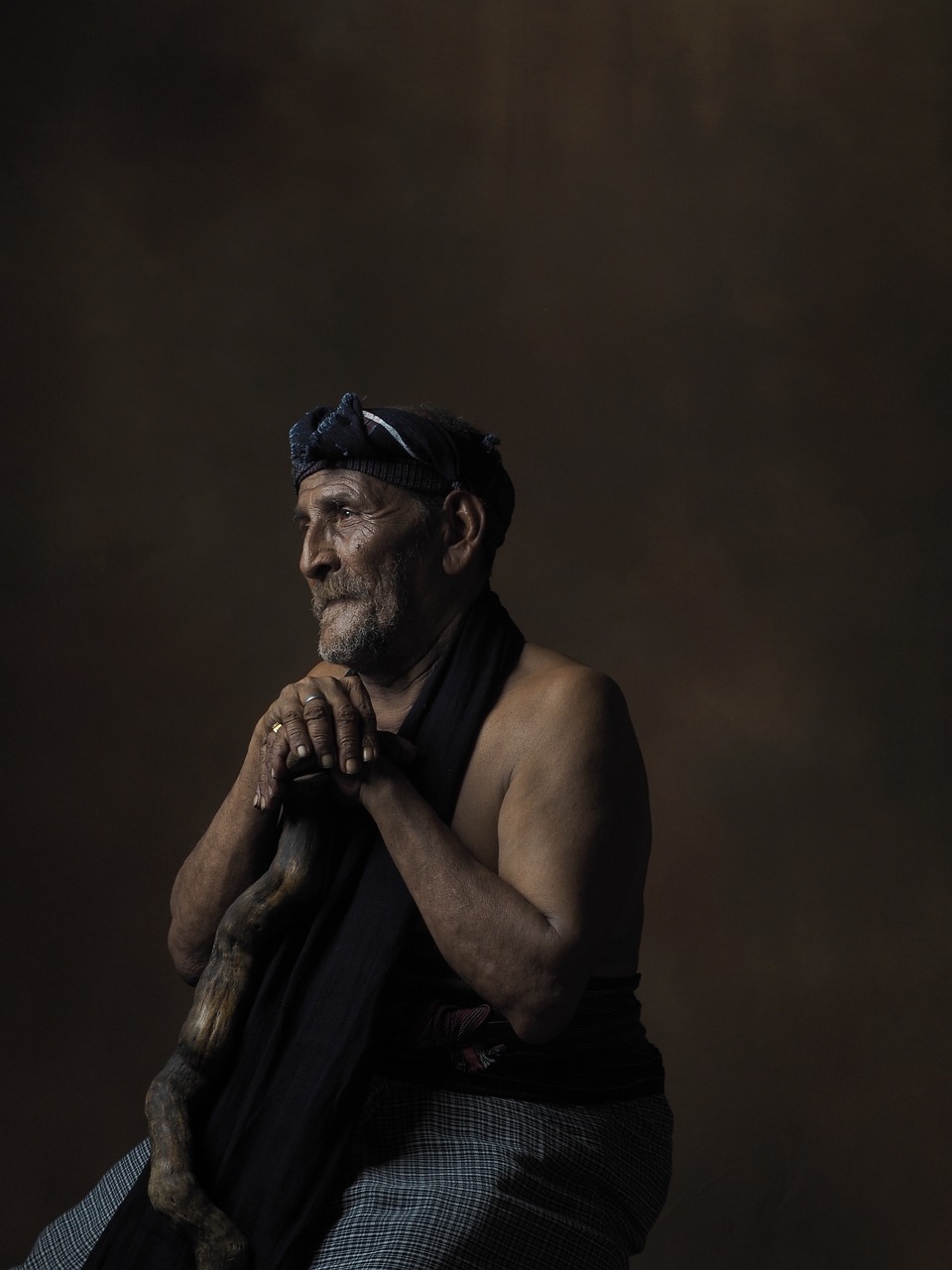
Candid photography captures genuine emotions and tells a story. Be patient and observant, ready to capture spontaneous and authentic moments. Candid shots often evoke a sense of emotion and create a more compelling narrative.
Choosing the Right Equipment
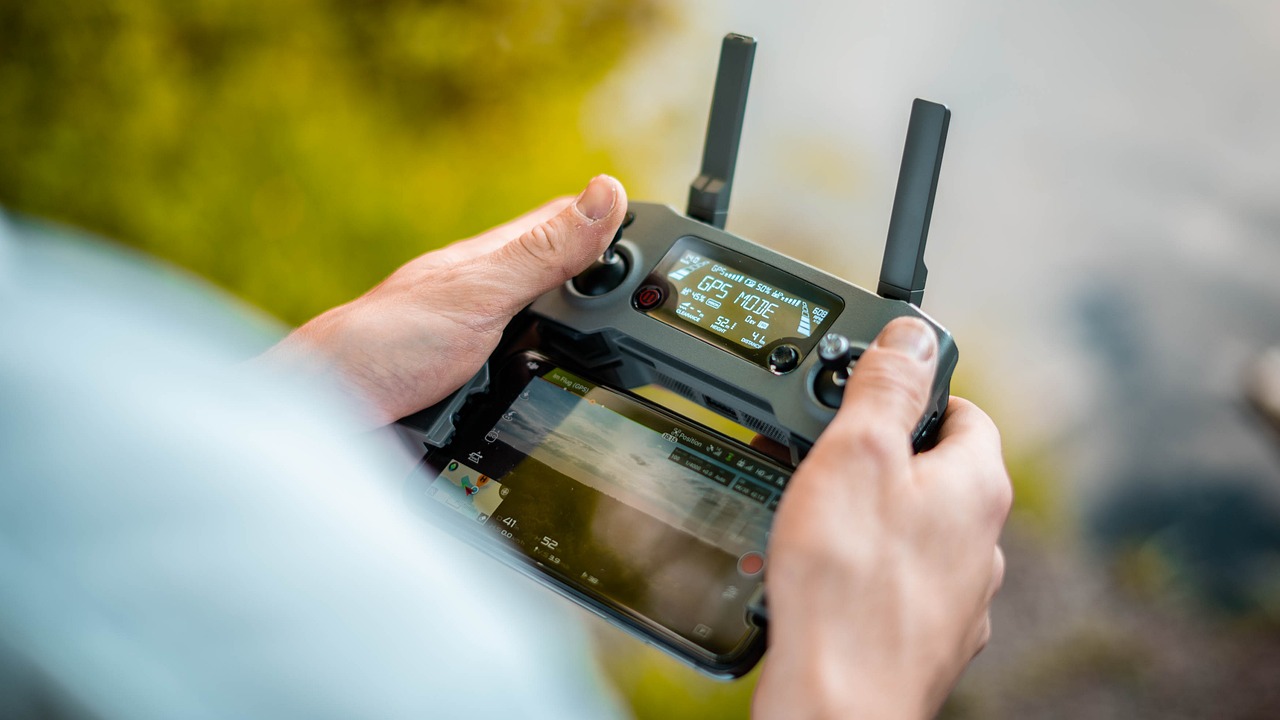
Invest in quality equipment that suits your photography needs. Consider factors such as camera body, lenses, tripod, and accessories. Choose gear that complements your style and allows you to capture the images you envision.
Post-Processing Techniques

Post-processing is an essential step in digital photography. Learn how to enhance your images using software such as Adobe Lightroom or Photoshop. Experiment with adjustments like exposure, contrast, and color grading to bring out the best in your photographs.
Experimenting with Different Genres

Photography encompasses various genres, such as landscape, portrait, wildlife, and street photography. Explore different genres to find your niche and develop your skills in specific areas. Each genre offers unique challenges and opportunities for creativity.
Tips for Travel Photography
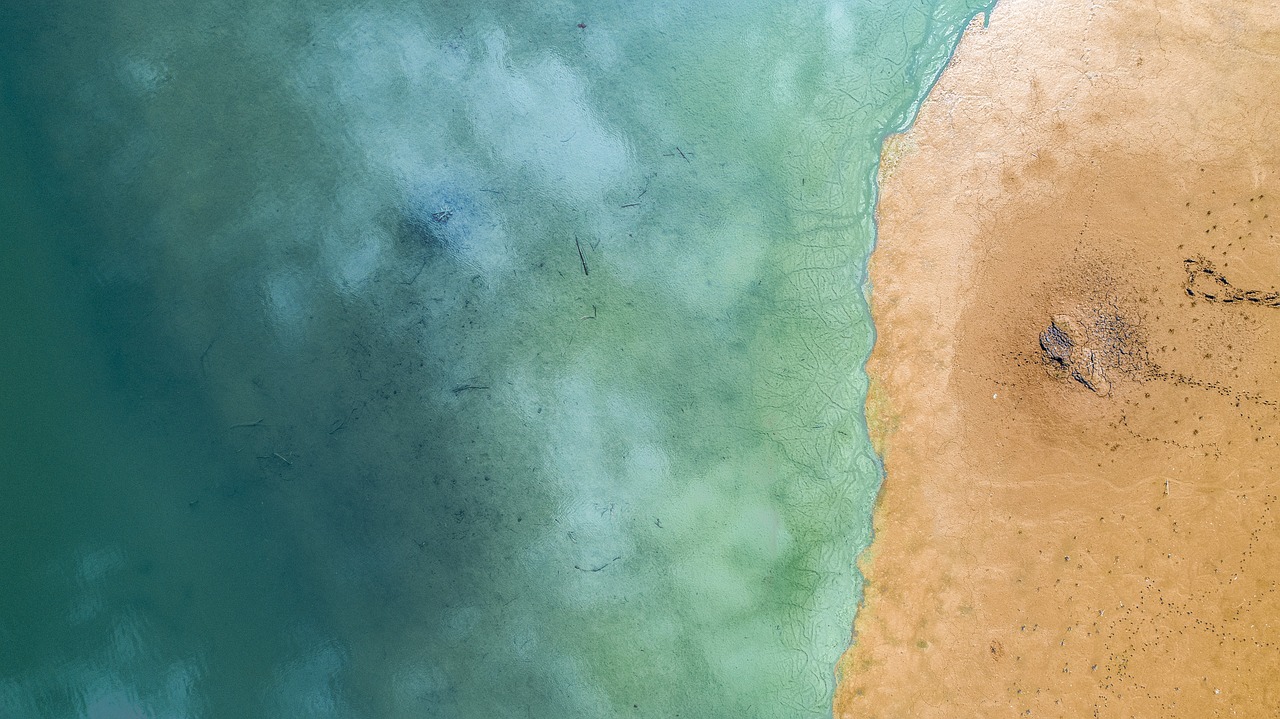
Travel photography allows you to capture the beauty of different locations and cultures. Research your destination beforehand, scout for unique spots, and immerse yourself in the local atmosphere. Pack light and be prepared to capture unexpected moments.
Creating a Photography Portfolio

A photography portfolio is crucial for showcasing your work and attracting clients or opportunities. Curate a selection of your best images that demonstrate your skills and style. Choose a platform or website to display your portfolio professionally.
Building an Online Presence

In today’s digital age, establishing an online presence is essential for photographers. Create a website or a blog to showcase your work, share behind-the-scenes stories, and connect with your audience. Utilize social media platforms to reach a wider audience and engage with fellow photographers.
Participating in Photography Communities

Joining photography communities and forums can provide valuable feedback, inspiration, and networking opportunities. Engage with other photographers, participate in discussions, and seek constructive criticism to grow and improve your skills.
Continual Learning and Practice

Photography is a lifelong learning journey. Stay updated with the latest techniques and trends by reading books, watching tutorials, attending workshops, and joining photography courses. Regular practice is key to honing your skills and developing your artistic eye.
Overcoming Creative Blocks
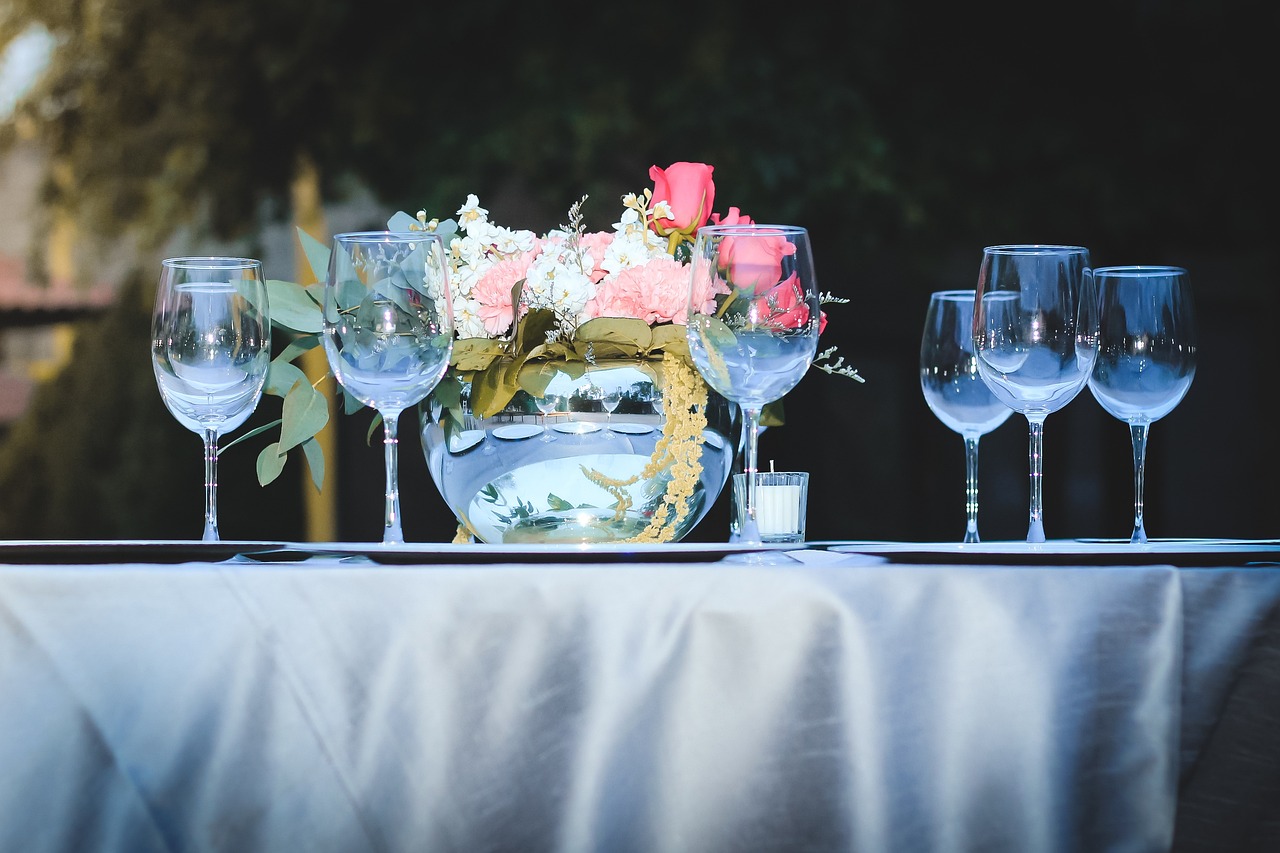
Creative blocks are common in photography. When you find yourself lacking inspiration, take a break, explore new locations, experiment with different subjects, or collaborate with other artists. Sometimes, stepping out of your comfort zone can reignite your passion for photography.
Conclusion
Photography is a blend of technical skills and artistic vision. By understanding camera settings, mastering composition, utilizing natural lighting, and exploring different perspectives, you can create visually stunning photographs. Remember to choose the right equipment, experiment with post-processing techniques, and continuously learn and practice to refine your skills. Building an online presence, participating in photography communities, and overcoming creative blocks are also crucial aspects of becoming a successful photographer.
FAQs
- Q: How can I improve my photography skills as a beginner? A: As a beginner, focus on learning the basics of camera settings, composition, and lighting. Practice regularly and seek feedback from experienced photographers.
- Q: What equipment do I need to start photography? A: A basic DSLR or mirrorless camera, a versatile lens, and a tripod are good starting points. Invest in additional gear as you progress and identify your specific needs.
- Q: How can I capture sharp images? A: Use a tripod or stabilize your camera, choose appropriate shutter speeds, and ensure accurate focus. Also, avoid camera shake by using a remote shutter release or the camera’s timer.
- Q: Is post-processing necessary for photography? A: Post-processing can enhance your images and bring out their full potential. However, it’s a personal choice, and you can still create great photographs without extensive editing.
- Q: How can I find my unique photography style? A: Experiment with different techniques, subjects, and genres. Over time, you’ll develop your own style based on your preferences and artistic vision.
Related Posts
- Mastering Photography and Videography: Techniques and Tips
- Mastering the Art of Portrait Photography: Techniques, Tips, and Inspiration
Portrait Photography Portrait photography is an art form that allows photographers to capture the essence…
- Fashion Photography: Captivating Images that Define Style and Elegance
Fashion Photography Fashion photography is a captivating art form that combines fashion, beauty, and storytelling…
Previous Story
Photo Retouching: Enhancing Images for the Perfect Look
Related Posts
How to Optimize Your E-Commerce Product Pages for SEO In the competitive world of e-commerce, having a well-optimized product page can be the difference...
Best Camera Settings for Low Light Photography: 9 Pro Tips for Stunning Shots Best Camera Settings for Low Light Photography Low light photography can...
The Ultimate Guide to Product Photography for E-Commerce In the world of e-commerce, where customers can’t physically touch or see products before buying, visuals...

